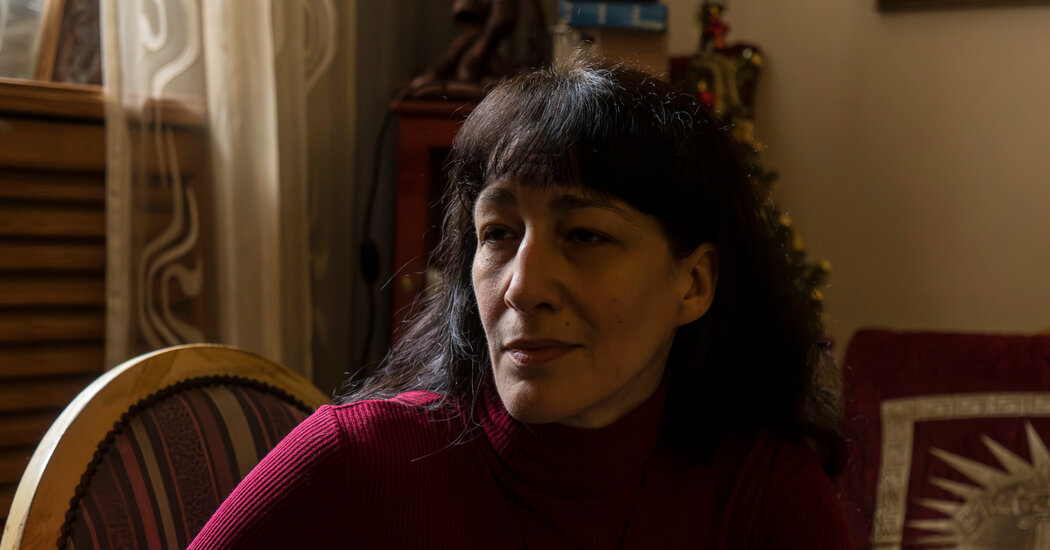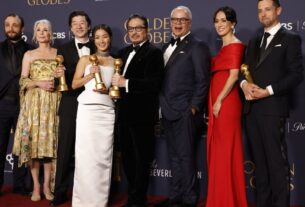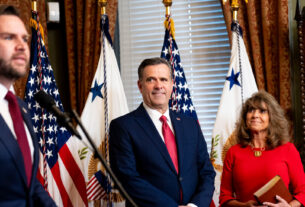Ptashyy described two incidents that occurred in quick succession a few years ago. He saw a poet a couple of years his senior read in Ukrainian and was taken with everything about him — his writing, his manner, his personal style. Soon after, Ptashyy had an encounter with an Odesan Russophile who belittled him for speaking Ukrainian. That evening, Ptashyy went home to translate all of his poems into Ukrainian. Naydenko chuckled at the idea of translating all of one’s poems in an evening.
The conversation turned to a recent event Kharchenko had helped organize at the art museum, where she works — the same museum where the monument to Catherine the Great was lying secreted in a box. The evening, dedicated to the memory of fallen poets, had caused a small controversy. One of the poets, who had died on the eastern front, had written in Russian and had published his work on a Russian social media platform that is now blocked in Ukraine. Kharchenko decided not to include the work in the evening’s readings. It’s not that she would have gotten in trouble, she said. It just felt wrong.
Talking over each other, the Naked Poets shifted to the topic of excavating poetry on social media. Dmitriiev described reading a poem by another young man who’d been killed. The poem began:
You should know that our youth will never return
You won’t even have time to admire her gait
A bottle of wine in her hand, snow blowing through her hair
Melting, for a moment colliding with you.
Only one person had commented on the poem. It was the author’s mother.
Naydenko told me that she was worried about her husband. He was sinking into depression. When they talk on the phone, she tries to cheer him up. The war will end, she says, or at least he’ll be granted a leave, and they will travel. He asks where they will go. “We can go to Lviv,” she says. Her husband has never been to that city, in western Ukraine, and it’s beautiful. “What for?” he responds. “So they can tell me I’m a Moscow-mouthed Moskal?” These are deeply offensive terms for ethnic Russians. Naydenko’s husband’s ethnic heritage is primarily Ukrainian and Polish, but like many people serving in the Ukrainian armed forces, he does not speak Ukrainian fluently.
“And this is when I finally get mad,” Naydenko told me. “When the person I am closest to in the world, a man who is not young, who has bad knees, who is being brave for Ukraine, is made to feel like a second-class citizen.”
The men of the Naked Poets are less than three years from conscription age. To the Naked Poets, that probably feels like a long time. Naydenko is aware that it isn’t. We were speaking before Washington and Moscow began talks that may force Ukraine into accepting a perilous, fraught cease-fire — and into preparing to face the next Russian attack without American aid. “Are you ready for military service?” Naydenko asked the poets. “Of course,” Dmitriiev responded. “It’s part of life.” Naydenko cringed. War shouldn’t be a part of life, even if it has been for so much of hers.





